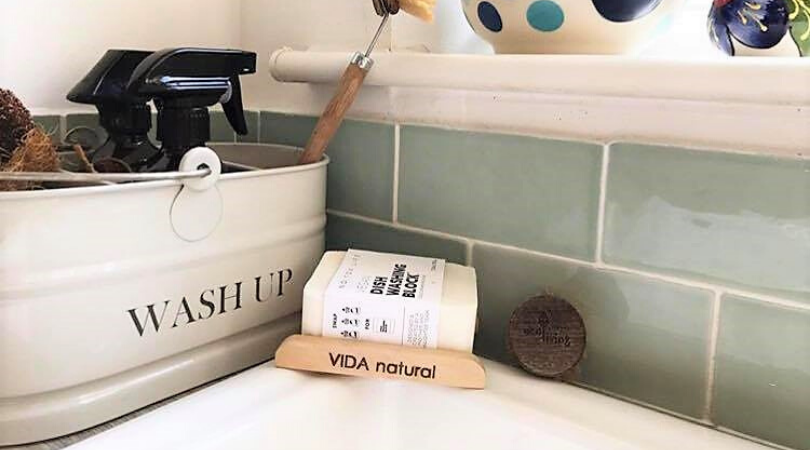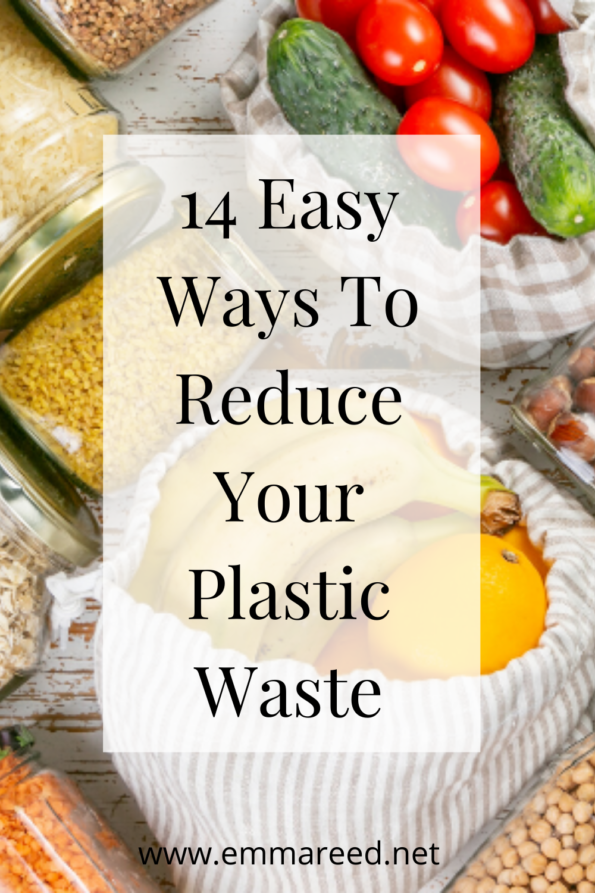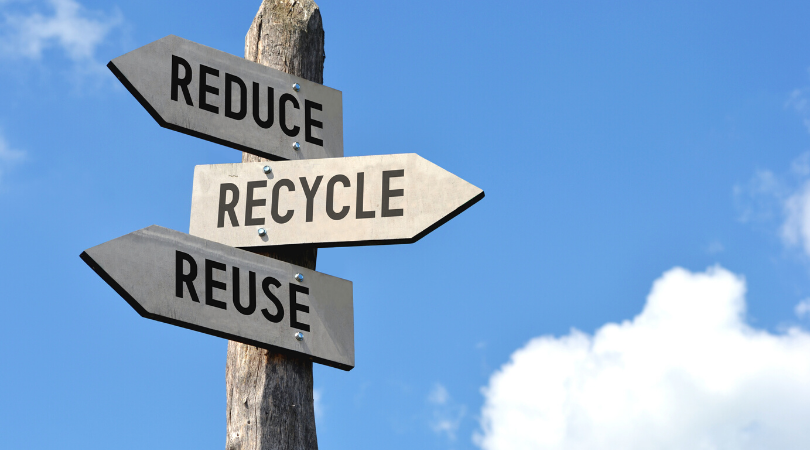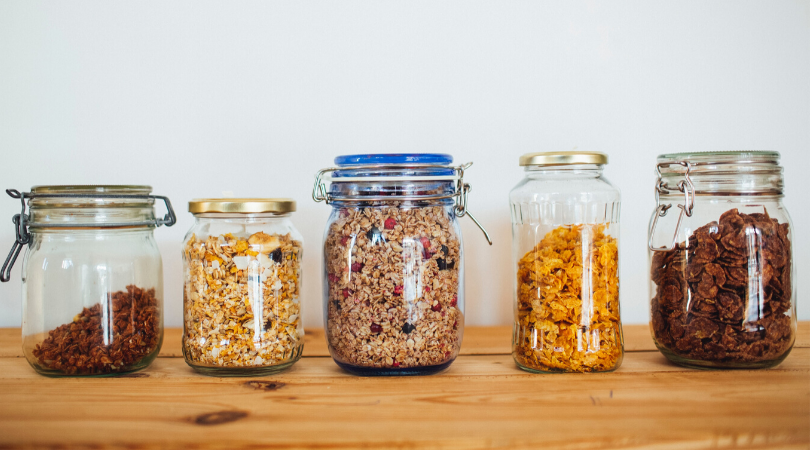
14 Easy Ways To Reduce Your Plastic Waste

As we all know, plastic waste has become a huge problem. A huge problem that has been hidden from the public for far too long, that has been covered up and shipped away. But now we know and now we can make a difference to our environment and leave a cleaner planet for our children. Starting out on your reduced waste journey may seem a little daunting but once you find your starting post you will soon discover how easy it is to make other changes to your lifestyle… changes that may get a little addictive!!
But this is good, no, actually it is great because the more of us who strive to do better will pass our passion onto others and those small sustainable steps will become massive strides towards making a better planet. So, let’s get started, shall we? Here are 14 easy ways to reduce your plastic waste…
No More Plastic Bags!
I know, plastic bags feels like an obvious one but how many times do you still forget your reusable bags and feel the need to buy new ones at the till? Yep, I’ve been guilty of this but here are some things to consider:
- Do you even need a bag? Why not put the shopping straight back into the trolley then into your boot as they are?
- Keep your boot fully stocked with a variety of bags. Plastic, material, tote, Ikea or sports direct bag, whatever you have lying around the house.
- Purchase all reusable shopping bags and after each shop, set a reminder on your phone to put them straight back into the car.
- If you don’t use a car, keep your bags in one easy place where you can grab them before leaving the house.
If you have any bags for life that have seen better days, return them to store to be properly recycled and replace these with material/tote bags instead.
Buy Loose
When purchasing your fruit and vegetables, make sure you look for the loose options rather than the ones wrapped in plastic. It doesn’t need to be wrapped, it doesn’t even need to go into a bag, straight into the basket or trolley is perfectly fine and no single-use plastic in sight!

Deli Counter
Instead of buying your produce from the chilled sections, why not take a reusable Tupperware box and visit the staff on the counters in the supermarket? You can ask for any of these products to be placed inside your tub, all plastic-free. So simple yet very eco-friendly and an easy way in which to reduce your plastic waste at home.
Reduce Your Microwave Meals
They are so convenient, aren’t they? But microwave meals are often placed inside black plastic which actually cannot be recycled. And then we also have the thin plastic lining on the top which again, cannot be recycled. So to have this quick and convenient meal, you are producing more plastic waste which could be avoided by cooking from scratch or batch cooking to save you time and effort on the night.
Ditch The Clingfilm
Clingfilm is awful stuff. It is used all over the world for such a short amount of time. This item is often blown away on a picnic or overlooked when packing up. It will never fully breakdown and will leave behind micro-plastics which end up in our oceans or land. Instead, why not opt for silicone lids, beeswax wraps or cloth to cover your food over with? Silicone lids come in a variety of sizes and can fit over anything from cans to cups, pots and tubs, stasher bags even over Tupperware boxes. Beeswax wraps are a really popular choice nowadays and you can even have a go at making your own like we did here. Cloth is a really simple way of covering your food. Just cut to size and use an elastic band or piece of string to keep it in place. If you are crafty you could stitch a hem on these to make them neater. All will do the same job and all are reusable!!
Check Your Tea Bags
Some brands of tea bags use plastic in the material (usually as a bonding) which means each time you make a cuppa, you are also throwing away a single-use plastic can you believe?! More companies are now moving away from this but it is worth doing your research to see which are better for the environment. Of course, tea bags are not your only option. You could choose to use leaves and a strainer instead or you could use a reusable cloth tea bag like we do in our home.

Reusable Baby Wipes
Baby wipes are sold to us as being convenient, necessary and a must-have for your nappy bag but in fact, this is a huge marketing ploy to get you to purchase a product that will only be used once (for maybe a few seconds) and then thrown away. The outcome of this results in you having to buy more and an awful lot of waste going to landfill… Yes, plastic waste. You see, what the companies fail to declare on their packaging (which is changing by law by the way) is what the wipe itself is made up of. They only legally have to state what is on the wipe which is why you will often only see perfumes, water, fluids etc listed. The majority of baby wipes have been discovered to be made up of around 87% plastic according to the investigations made on War on Plastic which was aired on BBC1 in 2019. Instead, why not try a reusable wipe for your baby’s bottom? No chemicals, no perfumes, no plastics. Just a gentle material such as cotton and bamboo plus a little water. That is all they need and in fact, they do a far better job too. You will be saving money, helping your baby’s skin as well as helping the environment.
Facial Wipes
As above I’m afraid. Your options to replace these are:
- Flannel
- Cleansing balm that you apply with fingers and wash off
- Reusable makeup remover pads/wipes
Toothbrush
Toothbrushes are one of the most common plastic items that we throw away on a regular basis. Everybody needs to brush their teeth and plastic is a cheap and easy way to make this possible. However, more and more people began to realise how damaging this is to our environment and we now have bamboo as a sustainable option. Alternatively, you could opt for a plant-based plastic version like the one made by sustainable electric toothbrush company SURI.
Reusable Water Bottles
This just has to be the easiest swap, doesn’t it? Water bottles are now available everywhere, they vary in size, style, material, colours etc. which means you can find the perfect bottle for your day/activity/trip. There really is no excuse to buy bottled water these days.

Reusable Nappies
Disposable nappies are another product where the ingredients are cleverly hidden away from the consumer’s eyes. Containing plastics, chemicals, perfumes, gels and more this is something I wish I had switched away from far sooner, but like so many people, I had no idea it was a single-use plastic. Each disposable nappy can take up to 500 years to breakdown which means that every single one that has been used across the world is still here sitting in landfill sites. Your switch here would be to reusable nappies. This may sound very daunting, like a lot of hard work and something you would never consider but having made this move when my second child was 6 months old I can honestly say it has been one of my best and favourite eco-swaps to date. Once you get cloth right, you fall in love with it! If you’d like more info on this I have these helpful blog posts:

Plastic-Free Period
Tampons and sanitary towels also contain plastic and National Geographic state these figures:
“In 2018 alone, people in the U.S. bought 5.8 billion tampons, and over the course of a lifetime, a single menstruator will use somewhere between 5 and 15 thousand pads and tampons, the vast majority of which will wind up in landfills as plastic waste”
It’s quite scary, isn’t it? Your sustainable swaps could be to period pants like these from WUKA, a menstrual cup or cloth sanitary pads. All of which can be reused and will save you so much money over the years.
Soap Bars
Soap inside a plastic dispenser isn’t needed at all. It is another marketing ploy… “You’ll have fewer germs if you use this plastic pump” (that cannot be completely recycled!). This isn’t true though. Soap is soap. No matter what form it comes in, it cleans and a soap bar is your zero-waste option.
No More Washing Up Liquid
Washing up liquid bottles are always made from plastic and yet another item that could be swapped out. Many refill shops are now cropping up which means you can take your empty bottle along with you, fill it up and it will turn from a disposable plastic into a reusable one. Your other option is to purchase a washing up bar which is like a bar of soap for your dishes. You can read my thoughts on one here.

Once you begin to notice these areas you will very quickly notice others, for example, your beauty products, your shampoo bottles, cleaning products, makeup and so on. Not all swaps will be easy and some may take some trial and error but with each change you make, you should feel incredibly proud about doing your little bit.

Pin for later:






I try, when possible, to avoid plastic, but in the UK it’s pretty hard to find what you need without plastic packaging. I, for example, eat a lot of grapes. All are sold in plastic packaging.
Great article!
Some great tips here, Emma. It’s things like toothbrushes that you don’t even think about. Luckily we all have electric ones. And I love the idea of setting a reminder for the shopping bags.
Great tips here and such an important massage. I have heard this about soap bars twice now recently and am switching to a bar as a result!
Brilliant piece! We are aiming to reduce our plastic waste, so this was a well-timed article for us. Thank you for all of the ideas!
Some brilliant tips here. It is amazing how much plastic is hidden in plain sight really, and how easy it can be replaced with a little thought like all these above.
I am always looking for ways to reduce our waste and some of these tips I wasn’t aware of so will definitely be giving them a try!
My wife takes recycling very seriously. We recycle way more than we throw in the garbage. There’s definitely a few tips on here I haven’t considered like eliminating the hand soap container. Thanks for sharing, and giving us a few new ways to do our small part.
There are some fab tips here. I am always looking to reduce waste!
I think these are quite easy to start reducing wast – most people can definitely do it. Just pick a few to start with and you never look back!
Some fantastic tips, it’s so easy to reduce the plastic waste once you start looking into it. It just becomes second nature to use it
Very Perfect article thanks